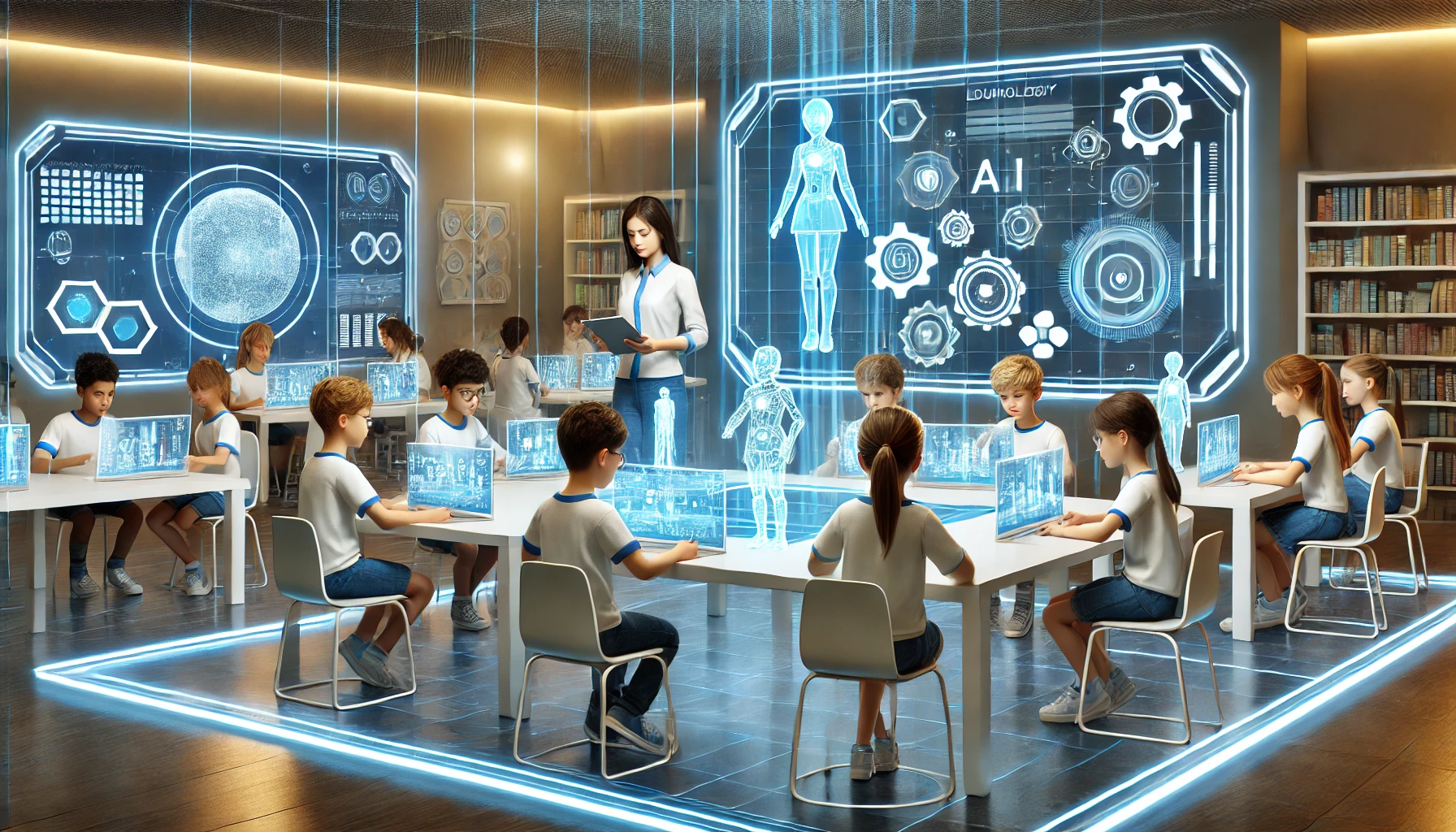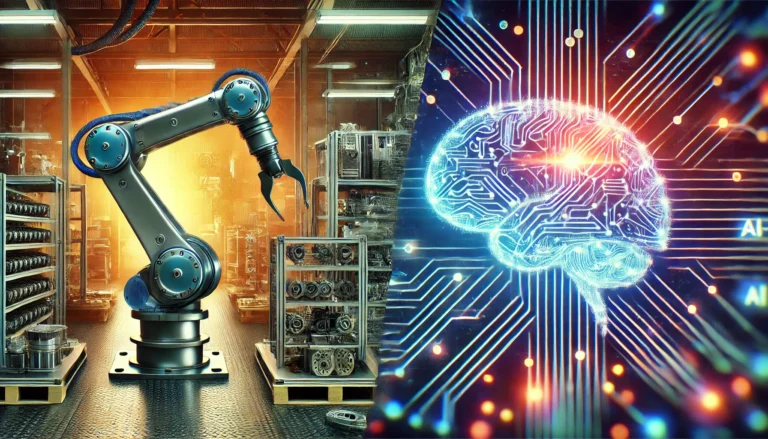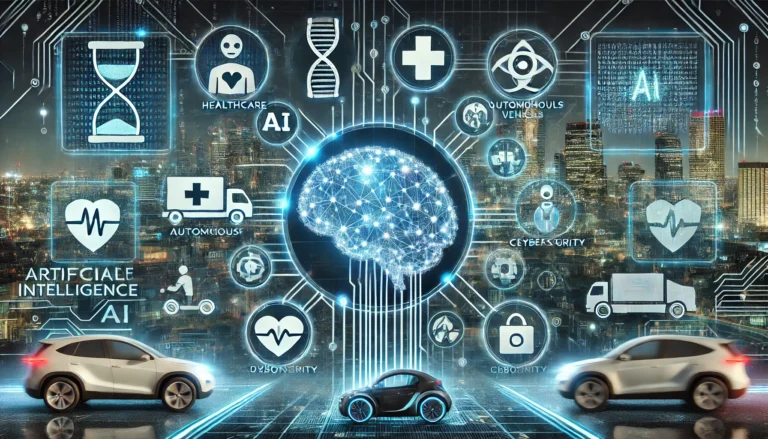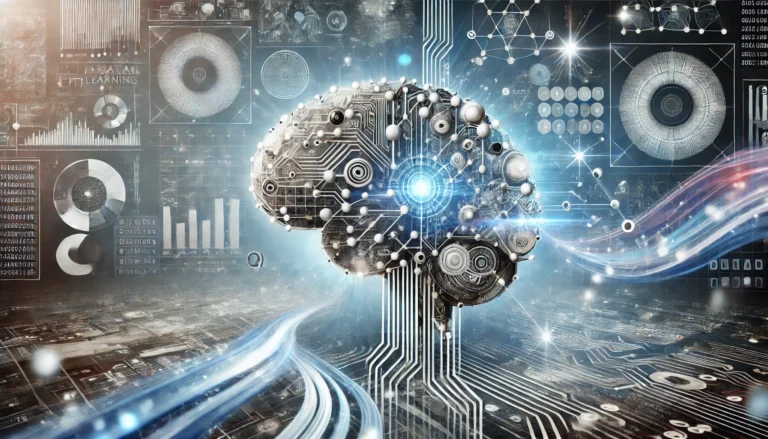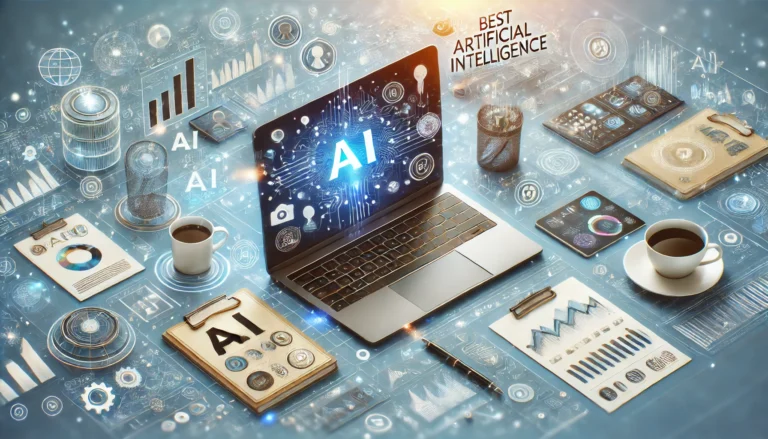Artificial Intelligence in Education: The Future of Learning
Education has always been one of the cornerstones of human development. With technological advancements over recent decades, the way we learn and teach is undergoing profound transformations. Among these changes, Artificial Intelligence (AI) emerges as one of the primary drivers of the educational revolution, promising to reshape teaching methods and student experiences. This article explores the applications of AI in education and what the future holds for learning.
What is Artificial Intelligence in Education?
Artificial Intelligence refers to computer systems capable of performing tasks that typically require human intelligence, such as pattern recognition, problem-solving, and decision-making. When applied to education, AI can help personalize learning, automate administrative tasks, create immersive learning experiences, and support teachers in optimizing their methods.
Benefits of AI for Students and Teachers
- Personalized Learning: AI enables the creation of learning experiences tailored to individual student needs. For instance, AI-powered educational platforms can analyze a student’s performance in real-time and adjust the content and difficulty of exercises according to their progress. This personalized approach ensures that each student receives appropriate support and challenges, maximizing learning efficiency.
- Immediate Feedback: In traditional learning environments, it can take days or weeks for students to receive feedback on their work. With AI, feedback can be instant and detailed, helping students correct mistakes quickly and understand concepts better. Additionally, teachers can save time with automated grading of tests and assignments, focusing more on high-value teaching activities.
- 24/7 Virtual Assistance: AI in the form of virtual assistants and educational chatbots allows students to ask questions outside school hours, anytime during the day. This helps maintain learning momentum and offers continuous support, which is especially valuable for online courses or distance learning.
- Support for Inclusion and Accessibility: AI also plays an important role in inclusion for students with special needs. Tools that automatically transcribe classroom audio, convert text to speech, or interpret sign language make education more accessible for everyone, promoting equity in the classroom environment.
Challenges of Implementing AI in Education
Despite the benefits, significant challenges must be considered when implementing AI in education:
- Privacy and Data Protection: The use of AI in educational platforms often requires the collection and analysis of large amounts of personal data from students. Schools and educational institutions need to ensure that students’ privacy is respected and that their information is protected against potential breaches.
- Technological Dependence: Excessive use of AI tools can lead to technological dependence, reducing students’ critical thinking and creative skills. It is essential for AI to be used as a support tool, not as a substitute for fundamental teaching practices.
- Inequality in Access: Not all schools and regions have the financial and technological resources necessary to implement AI in classrooms. This can increase inequality among students from different socioeconomic backgrounds, making the democratization of access to this technology a priority.
The Future of Education with AI
The future of learning with Artificial Intelligence is promising. We can expect classrooms to become increasingly interactive, with AI systems capable of delivering content in more dynamic formats, such as augmented reality and virtual reality. Additionally, teachers will have more sophisticated tools to analyze student performance data and adjust their teaching strategies in real-time.
Another important aspect is the collaboration between AI and educators. While AI can automate many processes, the presence and guidance of teachers remain irreplaceable. Technology should be seen as an ally, allowing educators to dedicate more time to developing students’ social, emotional, and critical skills.
Conclusion
Artificial Intelligence is transforming education in ways that were unimaginable just a few decades ago. From personalized learning to 24/7 support and inclusion for all students, the possibilities are vast. However, it is crucial to address the ethical and practical challenges associated with its implementation to ensure this technology benefits everyone in an equitable and sustainable way. The future of education will undoubtedly be more interactive, inclusive, and efficient with AI, but always with the care of preserving the essential human role that underpins learning.
The future of learning has already begun.

